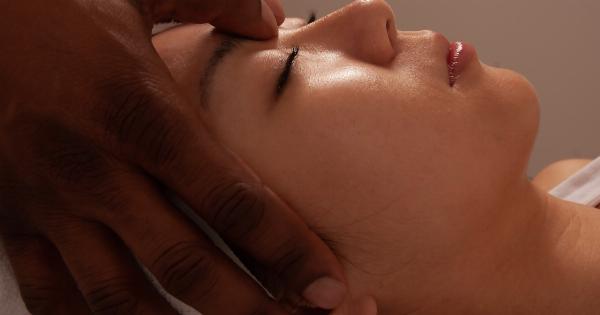Allergies are a common occurrence that affects millions of people worldwide. When an individual comes into contact with a particular substance or allergen, their immune system may react in a dramatic way, resulting in various symptoms.
Allergy-related skin irritation is one of the most well-known manifestations of allergies and can range from mild discomfort to severe skin conditions. This article explores the causes, symptoms, and treatment options for allergy-related skin irritation.
Common Causes of Allergy-related Skin Irritation
Allergic reactions can be triggered by a wide range of substances, including:.
- Pollen: Pollen from trees, grasses, and weeds can cause skin irritation in susceptible individuals, leading to conditions such as contact dermatitis or hives.
- Dust Mites: These microscopic creatures thrive in bedding, carpeting, and upholstery. Their waste products can trigger an allergic reaction, resulting in itchy and irritated skin.
- Mold Spores: Mold is commonly found in damp environments and can release tiny spores into the air. When these spores come into contact with the skin, they can cause various allergic reactions.
- Pet Dander: People who are allergic to pet dander may experience skin irritation when they come into contact with cats, dogs, or other animals that shed their skin cells.
- Food Allergens: Certain foods, such as eggs, milk, peanuts, and seafood, can trigger allergic reactions in some individuals. These reactions may manifest as skin irritation or rashes.
Common Symptoms of Allergy-related Skin Irritation
Allergy-related skin irritation can present with a range of symptoms, including:.
- Itching: One of the most common symptoms of allergy-related skin irritation is intense itching. Individuals may feel the urge to scratch the affected area, leading to further irritation and potential skin damage.
- Rash: Skin rashes are a frequent manifestation of allergic reactions. These rashes can vary in appearance, ranging from small raised bumps to large red patches. They may also be accompanied by other symptoms like swelling or blistering.
- Hives: Hives, also known as urticaria, are another common symptom. These itchy, red welts can appear suddenly and may change shape or location within a short period.
- Eczema: Eczema, or atopic dermatitis, is a chronic skin condition characterized by dry, itchy, and inflamed skin. Many individuals with allergies experience flare-ups of eczema symptoms.
- Swelling: Allergic reactions can cause localized swelling, known as angioedema. This swelling usually affects the face, lips, eyes, or hands and may be accompanied by other symptoms like itching or a burning sensation.
Treatment Options for Allergy-related Skin Irritation
When it comes to managing allergy-related skin irritation, there are several treatment options available, including:.
- Identifying and Avoiding Triggers: The first step in managing allergy-related skin irritation is identifying the allergen that causes the reaction and taking steps to avoid it. This may involve making changes to one’s environment, such as using hypoallergenic bedding or avoiding certain foods.
- Topical Steroids: In cases of severe skin irritation, a dermatologist may prescribe topical corticosteroids to reduce inflammation and alleviate symptoms. These medications are usually applied directly to the affected area and can provide significant relief.
- Antihistamines: Antihistamines are commonly used to treat allergic reactions, including those affecting the skin. These medications can help reduce itching and relieve other allergy symptoms.
- Moisturizers: Keeping the skin well-hydrated is essential for managing allergy-related skin irritation. Regularly applying moisturizers can help soothe dry and itchy skin, preventing further irritation.
- Allergy Shots: For individuals with severe and persistent allergies, allergen immunotherapy, also known as allergy shots, may be recommended. These shots work by gradually desensitizing the immune system to specific allergens, reducing the intensity of allergic reactions over time.
Preventing Allergy-related Skin Irritation
While it may not be possible to prevent all instances of allergy-related skin irritation, there are several preventive measures individuals can take to reduce their risk:.





























